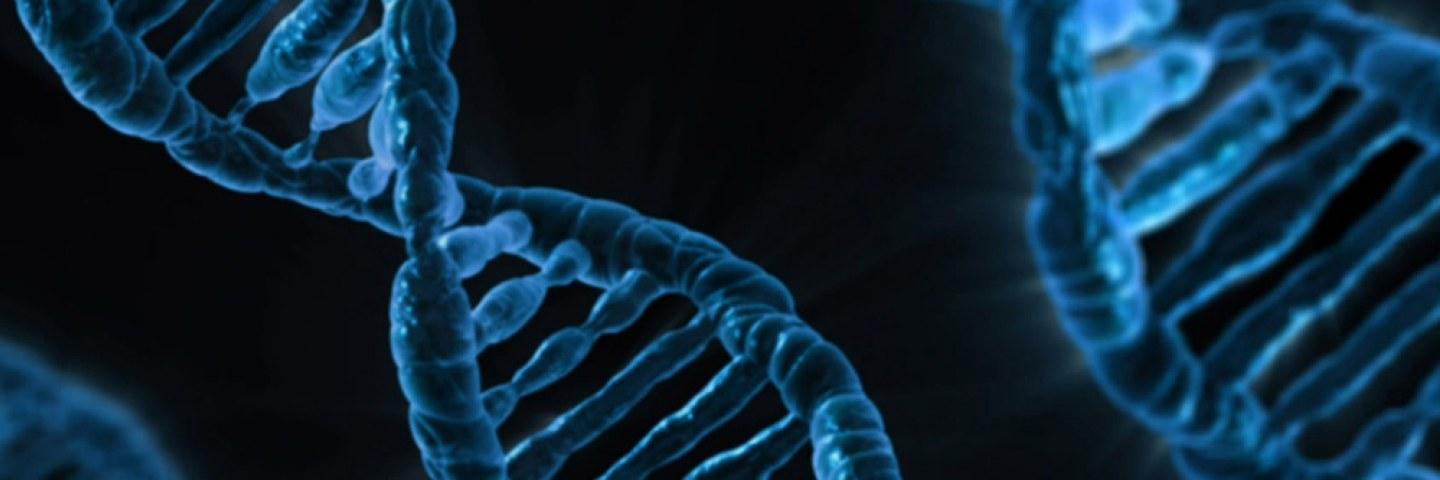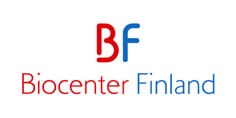
Tampereen genomiikkapalvelut

Esittely
Tampereen genomiikkapalvelut
Tampereen genomiikan palveluyksikkö sijaitsee Arvo-rakennuksessa Tampereen yliopiston Kaupin kampuksella. Yksikkö tarjoaa välineitä erilaisiin genomiikkatutkimuksiin. Yksikön henkilökunnan antaman koulutuksen jälkeen käyttäjät voivat itse käyttää seuraavia laitteita::
- Fragment Analyzer -nukleiinihappoanalyysi (saatavilla myös palveluna)
- TapeStation - nukleiinihappoanalyysi (saatavilla myös palveluna)
- MiSeq-sekvensointialusta
- Droplet Digital PCR
- Chromium iX - yksittäisen solun molekyylianalyysi
- Covaris S220 -ultraäänilaite
- Chemagic 360 -robotti - korkean suorituskyvyn nukleiinihappoeristys
- Janus G3 -robotti - automatisoitu nesteenkäsittely
- TissueLyser III (saatavilla myös palveluna)
- Reaaliaikaiset PCR-laitteet
- GeoMx Digital Spatial Profiler (DSP) - käyttö omalla vastuulla, palvelu ei saatavilla
Seuraavan palvelun suorittaa yksikön henkilökunta, joka ajaa ajot valmiiksi tekemistäsi reaktioista:
- Sanger-sekvensointi
Seuraavat palvelut ovat saatavilla kokonaispalveluna:
- Nukleiinihappojen eristyspalvelu (manuaalinen tai QIAcube-avusteinen)
- Chromium iX - GEM-X Universal 3' Gene Expression assay -palvelu
- Visium CytAssist - v2 WT Panel Gene Expression FFPE assay -palvelu
Tarkemmat tiedot tilojen laitteista löytyvät Palvelut-välilehden takaa.
Hinnoittelu
Huomaa, että jokaisen laitteen käyttö/palvelu laskutetaan erikseen. Tampereen yliopiston käyttäjäryhmien hinnat näkyvät kunkin palvelun alasivulla. Muita akateemisia ja ei-akateemisia käyttäjiä pyydetään tiedustelemaan hintoja. Tampereen genomiikkapalvelut pidättää oikeuden hinnanmuutoksiin.
Varausjärjestelmä
Kaikki käyttäjien itsensä käyttämät laitteet tulee varata Agendosta.
KIITOKSET
Kaikki Tampereen genomiikkapalveluiden käyttäjät ovat velvollisia mainitsemaan julkaisuissa Tampereen genomiikkapalvelujen ja Biokeskus Suomen osallisuuden:
"Kirjoittajat kiittävät palvelusta Biokeskus Suomea (Biocenter Finland) ja Tampereen genomiikkapalveluja" tai
"The authors acknowledge the Biocenter Finland (BF) and Tampere Genomics Facility for their service."

Biokeskus Suomi (Biocenter Finland) tukee osittain palvelua.